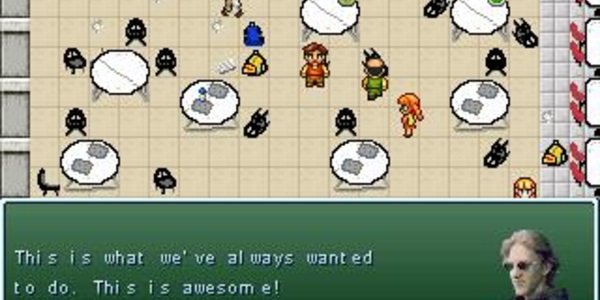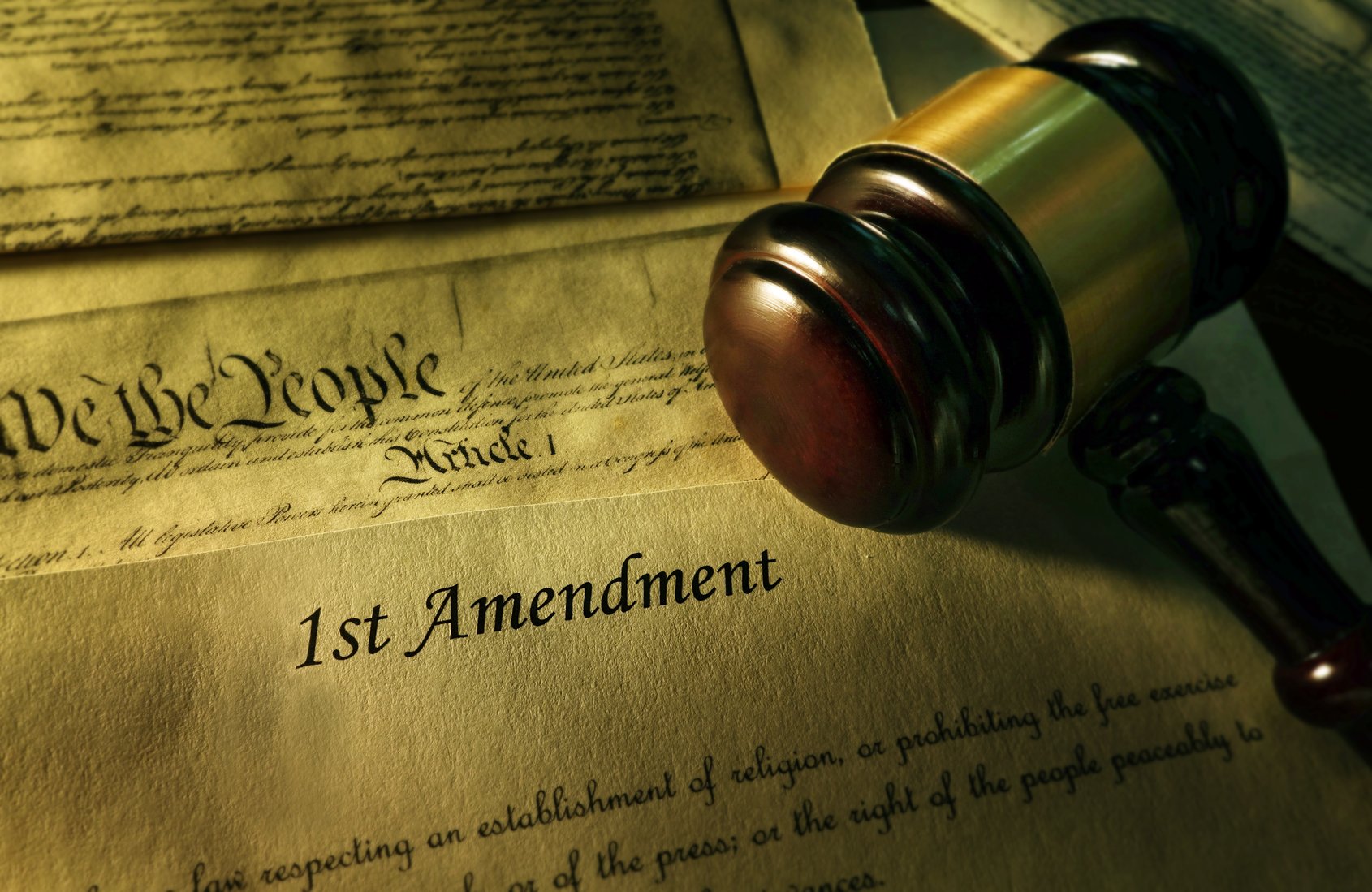One of our favorite attention whores, Danny Leddone, creator of Super Columbine Massacre RPG, is going to be a guest speaker tomorrow night at Loyola Marymount University’s First Amendment Week.
Tuesday will also feature another First Amendment event that will discuss video game violence in St. Robert’s Auditorium at 4 p.m. Participants will have a chance to play the controversial game “Super Columbine Massacre RPG” from 4 to 7 p.m. and listen to the creator of the game, Danny Ledonne from 7 p.m. to 8 p.m. Ledonne’s game, available on the Internet, reenacts the day of the Columbine shooting through the eyes of the shooters, Eric Harris and Dylan Klebold. Recently, the game was pulled from the Slamdance video game festival due to its controversial content.
Again, I have to ask why do people keep making this out to be a first amendment issue? The government never said that he couldn’t make his atrocity of a game. The Slamdance Festival is not the government. The people who protested against the game are not the government. Read the following words carefully.
ONLY IF THE GOVERNMENT SUPPRESSES YOUR FREEDOM OF EXPRESSION IS IT A VIOLATION OF THE FIRST AMENDMENT.
Learn it, love it, live it.
Don’t make me say it again.

